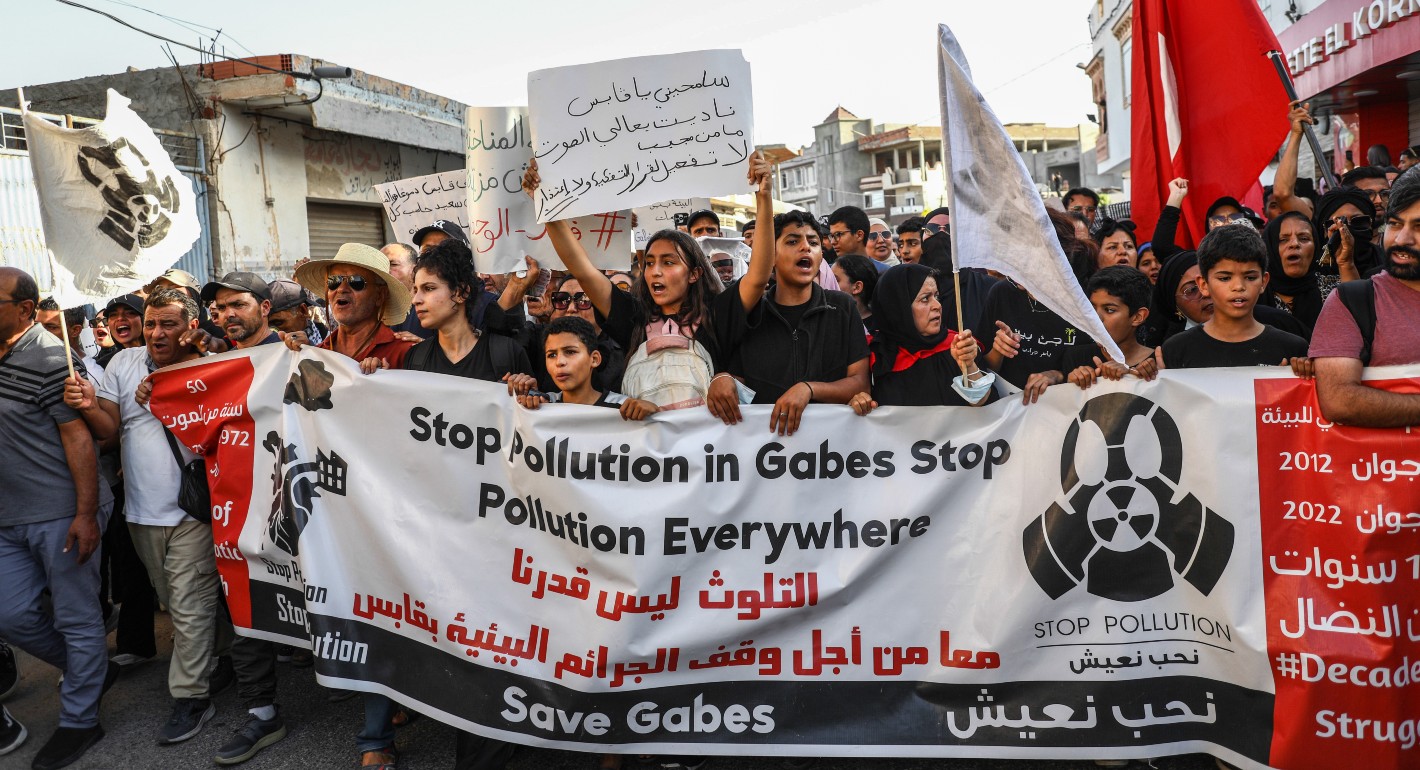- +1
Dr. Demetrios Papademetriou, Mr. John Audley, Ms. Sandra Polaski, …
{
"authors": [
"John Audley"
],
"type": "other",
"centerAffiliationAll": "",
"centers": [
"Carnegie Endowment for International Peace"
],
"collections": [],
"englishNewsletterAll": "",
"nonEnglishNewsletterAll": "",
"primaryCenter": "Carnegie Endowment for International Peace",
"programAffiliation": "",
"programs": [],
"projects": [],
"regions": [
"North America",
"South America"
],
"topics": [
"Economy",
"Trade",
"Climate Change"
]
}
REQUIRED IMAGE
Environment's New Role in U.S. Trade Policy
The Trade Act of 2002 integrates environmental policy priorities into U.S. trade negotiations. Resulting tensions between trade and environment requires greater involvement by Congress. Of particular short-term importance to Congress should be how bilateral negotiations with Chile and Singapore are concluded and regional negotiations with Central America begun.
Source: Carnegie
The Trade Act of 2002 integrates environmental policy priorities into U.S. trade negotiations. The manner in which resulting tensions between trade and environment are resolved requires greater involvement by Congress. Of particular short-term importance to Congress should be how bilateral negotiations with Chile and Singapore are concluded and regional negotiations with Central America begun.
Congress should also use its oversight power to develop clearer instructions regarding a host of environmental policy issues, including investment and services negotiations, environmental reviews of trade agreements, and clarification of U.S. foreign assistance regarding technical assistance and capacity building for our trading partners. In short, TPA presents Congress with the leverage its needs to oversee trade negotiations, an opportunity to work with the administration and win back public support for U.S. trade policy that respects worker rights and protection of the environment.
Click on link above for full text of this TED Policy Brief in English and Spanish.
About the Author
John Audley is the director of the Endowment's Trade, Equity, and Development Project. He is the author of Politics and Parallel Negotiations: Environment and Trade in the Western Hemisphere (Carnegie Endowment Working Paper No. 25) and Overhauling the WTO: Opportunity at Doha and Beyond(Carnegie Endowment Policy Brief No. 6).
The Trade, Equity, and Development (TED) Series is part of an effort by Carnegie's Trade, Equity, and Development Project to broaden the debate surrounding trade liberalization to include perspectives not normally present in the Washington policy community.
About the Author
Former Senior Associate
- NAFTA's Promise and Reality: Lessons from Mexico for the HemishphereReport
- Decoding Cancun: Hard Decisions for a Development RoundOther
- +1
Mr. John Audley, George Perkovich, Ms. Sandra Polaski, …
Recent Work
Carnegie does not take institutional positions on public policy issues; the views represented herein are those of the author(s) and do not necessarily reflect the views of Carnegie, its staff, or its trustees.
More Work from Carnegie Endowment for International Peace
- The Gulf Monarchies Are Caught Between Iran’s Desperation and the U.S.’s RecklessnessCommentary
Only collective security can protect fragile economic models.
Andrew Leber
- Duqm at the Crossroads: Oman’s Strategic Port and Its Role in Vision 2040Commentary
In a volatile Middle East, the Omani port of Duqm offers stability, neutrality, and opportunity. Could this hidden port become the ultimate safe harbor for global trade?
Giorgio Cafiero, Samuel Ramani
- Lessons Learned from the Biden Administration’s Initial Efforts on Climate MigrationArticle
In 2021, the U.S. government began to consider how to address climate migration. The outcomes of that process offer useful takeaways for other governments.
Jennifer DeCesaro
- Beijing Doesn’t Think Like Washington—and the Iran Conflict Shows WhyCommentary
Arguing that Chinese policy is hung on alliances—with imputations of obligation—misses the point.
Evan A. Feigenbaum
- Civil Society Restrictions in North Africa: The Impact on Climate-Focused Civil Society OrganizationsArticle
For climate-focused civil society in countries like Morocco, Algeria, and Tunisia to be most effective, organizations should work together to develop networks that extend their reach beyond their local area and connect across borders to share best practices and amplify each other’s work.
Sarah Yerkes










